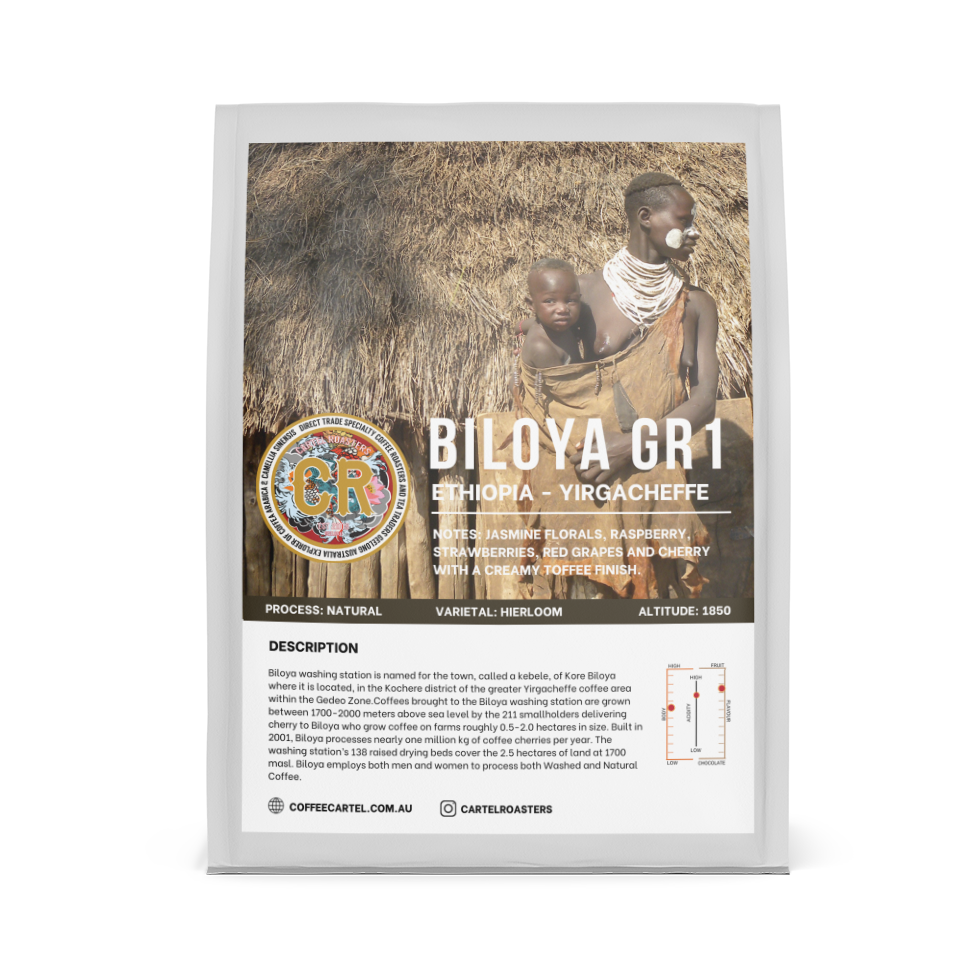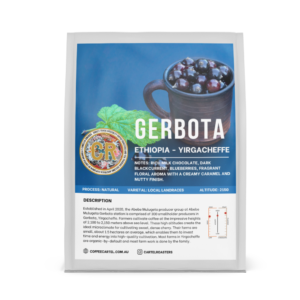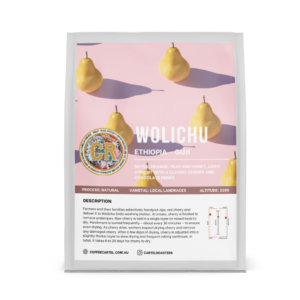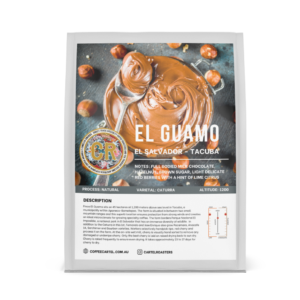About this coffee
- Altitude: 1850
- Farmer: BILOYA WASHING STATION
- Score: 86.5
- COUNTRY: ETHIOPIA - YIRGACHEFFE
NOTES: JASMINE FLORALS, RASPBERRY, STRAWBERRIES, RED GRAPES AND CHERRY WITH A CREAMY TOFFEE FINISH.
washing station is named for the town, called a kebele, of Kore Biloya where it is located, in the Kochere district of the greater Yirgacheffe coffee area within the Gedeo Zone.Coffees brought to the Biloya washing station are grown between 1700-2000 meters above sea level by the 211 smallholders delivering cherry to Biloya who grow coffee on farms roughly 0.5-2.0 hectares in size. Built in 2001, Biloya processes nearly one million kg of coffee cherries per year. The washing station’s 138 raised drying beds cover the 2.5 hectares of land at 1700 masl. Biloya employs both men and women to process both Washed and Natural Coffee.
Coffee cherries delivered to the washing station are first separated by hand to remove the less dense cherries. The remaining cherry is then taken to raised beds to dry in the sun, which takes about 21 days. Biloya’s employees turn the cherries by hand as the coffees dry. The mesh material allows for airflow both above and below the coffee to prevent the formation of any mildew or mold.
Natural processed coffee dried with cherry is then milled to remove the husks and stored in the dry mill warehouse. Beans are packaged in clearly marked 60kg bags for export.
Coffee still grows wild in Ethiopia’s mountain forests. Ethiopian farmers cultivate coffee in four different systems, which include forest coffee, semi-forest coffee, garden coffee and plantation coffee. About 98% of the coffee in Ethiopia is produced by peasants on small farms and it is the country’s most important export. Ethiopia is Africa’s third largest coffee producer. There are about 700,000 coffee smallholders in Ethiopia, of which 54 percent are in semi forest areas. Coffee has been part of their indigenous cultural traditions for more than 10 generations.
Coffee is traded on the Ethiopian Commodities exchange (ECX) which unique to many other countries sets its own prices. Ethiopia Produced 7.1 Million Bags of Coffee in 2017-2018. Most Ethiopian Coffee goes to Germany and Saudi Arabia (about 20% Each) while Australia takes 2%. While most coffee does go through the ECX, reforms recently passed by the government have allowed larger farms and co-ops to market and sell their coffees directly to consumers, resulting in increased traceability and fairer pricing





